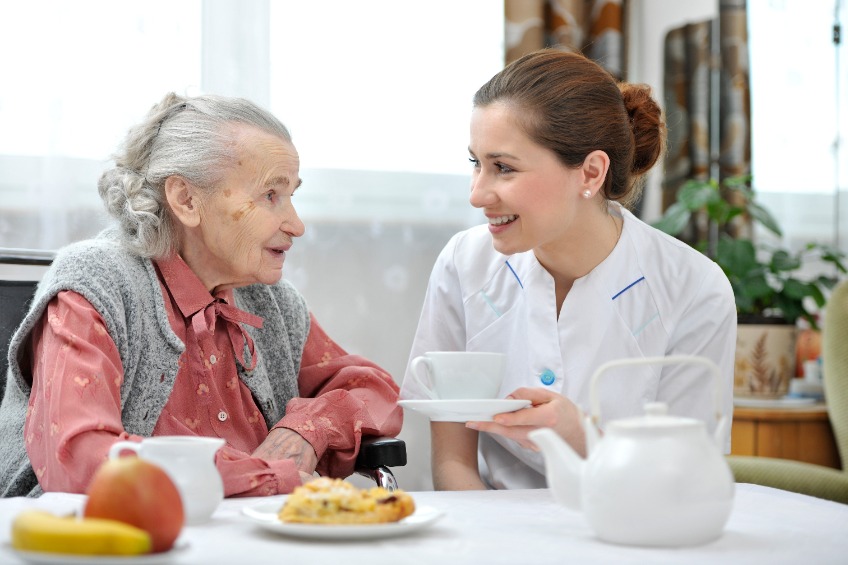
With an ever-ageing population, more and more people will rely on carers to help them in later life, whether at home, in a residential care home, day care centre or any other scenario. Older people’s care needs are diverse and increasingly complex – ranging from chronic illness, dementia and palliative care alongside mobility and mental health issues.
Health and social care professionals such as carers are a vital link to help a person maintain their independence, dignity and live in a happy and healthy manner. The social sector in the UK has 1.48 million employees. By 2030, the sector is expected to have an an additional half-a-million extra jobs
With the demand for health and social care services increasing in the UK, caring is now a profession that many of us can now consider. Locally based opportunities, along with the potential for flexible working hours to fit around family life are attractive to many. A job in health and social care also provides a huge amount of job satisfaction – making a difference to another person’s life is invaluable and so rewarding as a career.
Employers are often looking for what we call ‘soft skills’ in addition to qualifications. These personal attributes are just as important as technical health and social care training. Interacting with clients all day requires a specific type of a person, for example, being confident in your persona will help build that essential level of trust with your client which is so important in the health and social care industry.
First and foremost, the ability to put clients at ease in what is sometimes a difficult situation for the client (accepting that you need help from a health and social care professional) is invaluable.
Other important skills include, patience, kindness, compassion, competence, commitment and the ability to think quickly on your feet while having empathy with the situation a client is in. As clients often need the help of an health and social care professional, they also desire that their dignity is maintained. Having a good sense of humour, good listening skills while respecting a client’s wishes plays a huge role in delivering care and support and managing these situations tactfully is a great skill.
Finally, punctuality, many clients will need you to turn up when you say you will. As a health and social care professional who visits a client in their own home, you will often be their lifeline to keeping their independence for as long as possible.
Individuals wishing to join the social care sector are required to undertake The Care Certificate as a basic minimum requirement according to the Department of Health and Social Care and completing the course will provide you with the appropriate knowledge and skills to convince your potential employer that you are a good match for the role. It will introduce you to the legal aspects of the sector as well as your duties and responsibilities that will be required of you as a carer.
The course is also suited to individuals in the sector with no formal qualification. You do not require any prior qualification and the course can be undertaken by anyone in the world.
If this is a career you are interested in, Coral & Reed Ltd can help with your training needs. To get started, one can undertake our Care Certificate either in classroom or via our online learning portal at www.coralandreed.com. You will attain an accredited certificate that can then enable you to apply for a carer role. Individuals wishing to attend the classroom session can easily attend our monthly courses run from our Langley centre in Berkshire.


